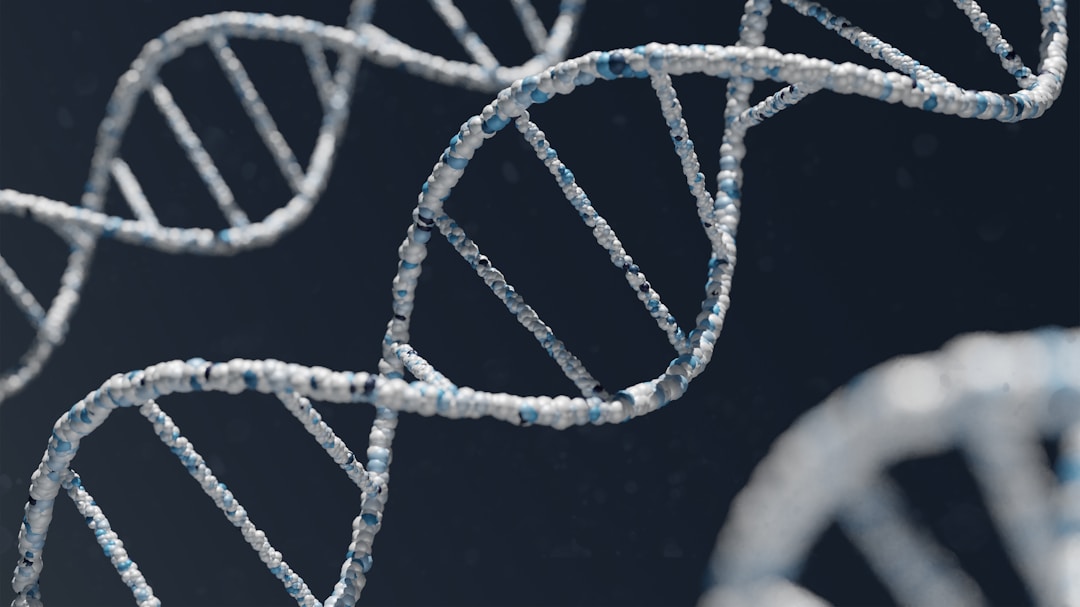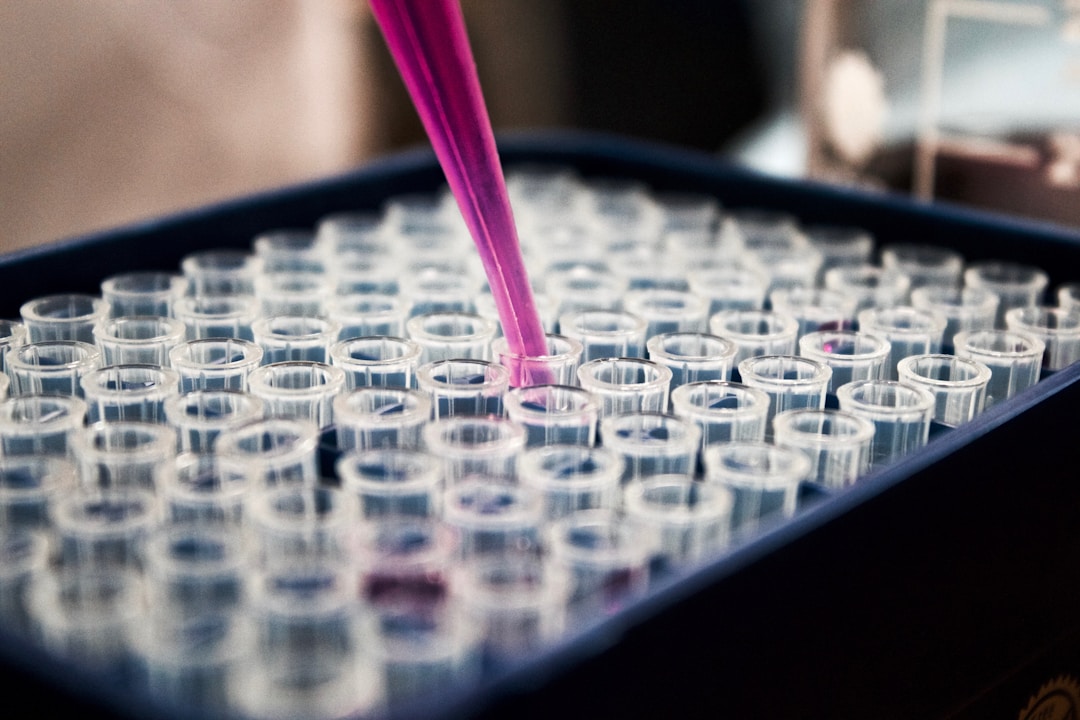Table of Contents
In this modern era, where medical sciences have reached unimaginable heights, one field that has gained significant attention is aging and age-related diseases. With an increase in average life expectancy, the demand for a healthy and disease-free old age has seen a considerable spike. This has resulted in a surge in research regarding the underlying causes of aging and interventions to delay or prevent the onset of age-related diseases. A molecule that has shown promising results in this arena is Nicotinamide Adenine Dinucleotide (NAD). In this article, we will dive deep into the world of NAD, understanding its structure, functions, and its contribution to promoting cellular health.
The Biochemistry of NAD

Comprehending the role of NAD in promoting cellular health necessitates an understanding of its biochemistry. NAD is pivotal for life, participating in numerous metabolic reactions. It acts as a cofactor for enzymes, facilitating electron transfer, thus aiding in cellular respiration and energy production from food. The importance of NAD is such that without it, life would cease to exist. The molecule is found in every living cell, and its chemical structure makes it ideal for its diverse roles inside an organism.
NAD can exist in two forms – oxidized (NAD+) and reduced (NADH). The ability to switch between these two forms allows NAD to play a part in redox reactions, needed for energy production. This reduction-oxidation process makes NAD a component in metabolic functions, emphasizing its importance in cellular health. NAD’s levels in our body are primarily maintained through our diet, specifically from Vitamin B3-rich sources, and by recycling it within the cells. Medicines and supplements are often employed to maintain and enhance its levels. The health of our cells, and thereby our health, is often associated with an appropriate concentration of NAD within the system.
Age-Related Decline of NAD and Its Consequences
Interesting revelations have been borne out of age-associated research. One such observation is the steady decline in NAD levels as we age. Reduced NAD concentration in the body can lead to a variety of negative effects, primarily due to its involvement in essential metabolic processes. A deficiency in NAD has been linked with an increased risk of developing various health conditions, including age-related diseases such as heart disease, Type 2 Diabetes, Alzheimer’s, and even cancer.
The reasoning behind this decline is multifaceted. Elements of NAD+-consuming reactions increase with age, NAD synthesis decreases, and less NAD+ is available for other functions. The universal decrease of NAD+ in tissues and organs, combined with chronic inflammation common in the elderly, can lead to dysfunctional mitochondria and provoke metabolic diseases. Hence, preserving NAD+ levels with age is critical for maintaining metabolic health and fits into the broader theme of longevity science.
To mitigate the adverse effects of age-related NAD depletion, medical interventions, including supplements and lifestyle changes, can assist in restoring its balance. The increase in supplements aiming to increase NAD levels testifies to the molecule’s importance in maintaining cellular health and combating aging.
The Role of NAD in Mitochondrial Function

Aside from its prominent role in numerous metabolic processes, NAD assists in maintaining mitochondrial function. Mitochondria, the powerhouses of a cell, require NAD to produce energy in the form of ATP. As we age, mitochondrial function declines, mostly due to a decrease in NAD. This decrease can contribute to the development of various diseases, including neurodegenerative disorders and cardiovascular conditions.
Increased NAD+ levels directly correlate with accelerated mitochondria functions, resulting in increased energy production and ultimately improved cell health. Conversely, low NAD+ levels are associated with mitochondrial dysfunction, leading to various pathological states. The proximity of NAD to mitochondrial health strengthens the hypothesis of its roles beyond metabolism.
Strategies like NAD supplementation could potentially help restore optimal mitochondrial function. This has begun to pave the way for new therapeutic avenues, particularly targeting age-associated diseases.
NAD and Cellular Aging
Cellular aging is a natural process that occurs as our bodies generate energy and go about their daily functions. Over time, this process leads to a decline in the functioning of our cells, which can impact our health and contribute to the development of various age-related diseases. However, recent research suggests that NAD may play a role in combating cellular aging.
Several studies have demonstrated that boosting NAD levels can have a positive impact on cellular aging and even genome maintenance. By increasing NAD availability, cells are able to produce more energy and repair damaged DNA more efficiently. This can lead to improved cellular function, enhanced metabolism, and reduced inflammation. In addition, NAD has been shown to activate longevity-promoting enzymes, such as sirtuins, which regulate important cellular processes and have been associated with longer lifespans in various organisms.
While more research is needed to fully understand the potential benefits and mechanisms behind NAD’s impact on cellular aging, the current findings are promising. NAD supplementation or interventions that enhance NAD levels may hold great potential in slowing down the cellular aging process and promoting healthier aging.
Improving NAD Levels: Some Effective Strategies

Now that the importance of NAD in cellular health is evident, you need to understand how to improve its levels. Dietary intake is a primary source of NAD. Foods rich in vitamin B3, or niacin, including yeast, meat, fish, milk, eggs, green vegetables, and cereal grains, can increase NAD levels in the body. Apart from diet, physical activity also influences NAD levels. Exercise has been shown to boost the production of NAD, thereby aiding in the improvement of mitochondrial function and cellular health. Maintaining a healthy diet should always be a priority.
Moreover, several NAD enhancers have emerged in recent years. These supplements, which include compounds such as Nicotinamide Riboside (NR), Nicotinamide Mononucleotide (NMN), and NAD itself, can replenish NAD levels in the body, offering potential anti-aging benefits.
The Future of NAD Research

With an increased understanding of NAD’s role in cellular health and aging, the molecule has become a promising therapeutic target for age-related diseases. Current research revolves around NAD enhancers and their potential effect on lifespan and health span. The research seeks to ascertain whether increasing NAD levels in older people can slow or even reverse aging and improve health. So far, animal studies have produced promising results, demonstrating enhanced longevity and improved health among animals given NAD enhancers.
The next step is to conduct large-scale, randomized clinical trials in humans to assess the efficacy and safety of these NAD enhancers. While it is crucial to remain hopeful about the potential benefits of NAD-boosting strategies, we must also remain cautious. Despite promising research, it is necessary to ensure that adequate long-term studies are conducted to understand any potential side effects or risks associated with high doses of NAD or its precursors. Always talk to a healthcare provider before adding anything new to your routine.
Overall, it is evident that NAD plays a role in cellular health, energy production, the aging process, and the onset and progression of various diseases. The molecule’s ability to alter the course of aging makes it a determinant of cellular health. This has led to the emergence of new therapeutic avenues focusing on enhancing NAD levels, holding promise for managing age-related diseases. However, more extensive research is required to validate these findings and ascertain the safety and efficiency of NAD-boosting strategies fully. The hope is to discover sustainable ways to increase NAD+ levels in humans to promote health and longevity.



